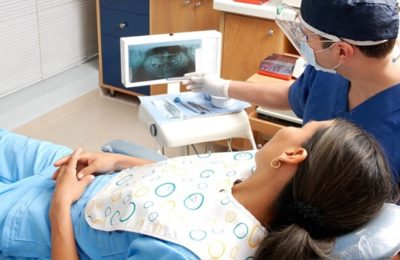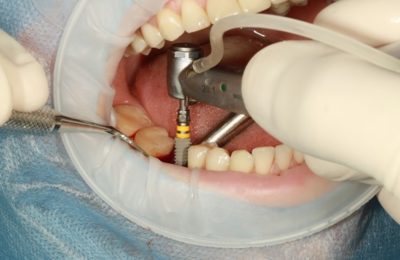Suffering from any eye problems increases the risk of depression. It’s a well-known fact proven by many studies. The interesting thing is that the severity of the condition doesn’t matter. Regular eyelid inflammation is about as likely to cause depression as a total loss of sight. However, there are come connections that one must be aware of, especially those going from mood disorders to various eye conditions. Understanding of these nuances can help you prevent some problems and overall improve your quality of life.
Vision Loss and Depression
Over 10% of patients suffering from vision loss also exhibit symptoms of depression. These numbers may vary depending on the severity of condition (total or partial loss) and many other factors. For example, the environment, personal relationships, and income level all influence the risk of becoming seriously depressed.
This connection stems from the decreased quality of life and has no easy solution. The only thing that can be done in this situation is getting treatment for depression. Assistance in adjusting to the disability is also necessary, as without it the person won’t be able to cope with the loss of sight.
Blepharitis and Depression
Blepharitis is an extremely common eyelid inflammation that causes mild discomfort at early stages. However, if left untreated, it can trigger diseases that will lead to vision loss. There’s a great number of possible blepharitis causes, ranging from infection to poor eyelid hygiene. Taking antidepressants is one of those causes as some drugs impair the body’s ability to moisturize the eye effectively.
Looking at the problem from the other angle, blepharitis causes an increased risk of depression. This fact has been proven by a major ophthalmological study from China Medical University Hospital . This happens because of the constant discomfort and the effect the disease might have on one’s appearance. The result is that people start to socialize less, which often leads to depression.
Today an effective blepharitis cure exists and can ensure complete recovery. However, in many cases, the condition becomes chronic because it’s not diagnosed in time. Suffering from any chronic diseases contributes to the elevated risk of depression.
Dry Eye Syndrome and Depression
The connections between dry eye and depression are similar to the ones between this mood disorder and blepharitis. In fact, the problem is often exacerbated by the fact that the patient develops both these eye conditions at the same time. A comprehensive work by Christopher J. Rapuano, MD, published on MedScape goes over the connections between dry eye syndrome and depression in great detail. It also highlights that many of the patients suffering from this eye condition suffer from undiagnosed mood disorders. Those can be exacerbated by the doctor’s attitude and lack of understanding of the patient’s plight.
One also shouldn’t forget that hormonal changes that occur due to the increased stress in depressed patients also reduce natural eye lubrication. It’s caused by the constricting blood vessels and can lead to severe eyesight problems.
Eye Problems and Depression: Final Thoughts
Vision is the main sense for a human being because we take in the majority of information about the world through it. Therefore, any condition that interferes with eye health leads to an increased risk of depression and other mood disorders. It’s essential to look out for both these problems and treat them simultaneously to achieve the best results.













